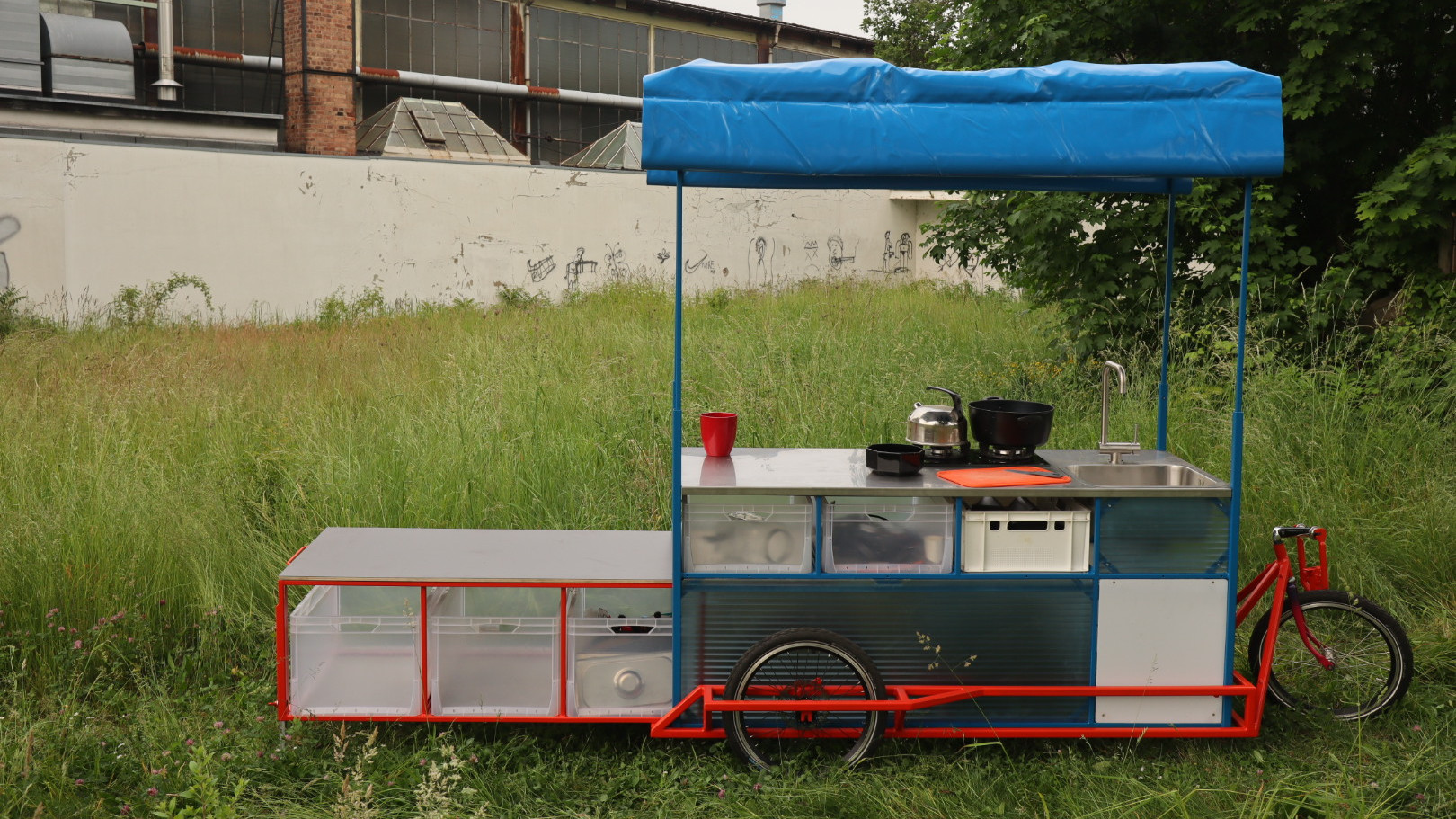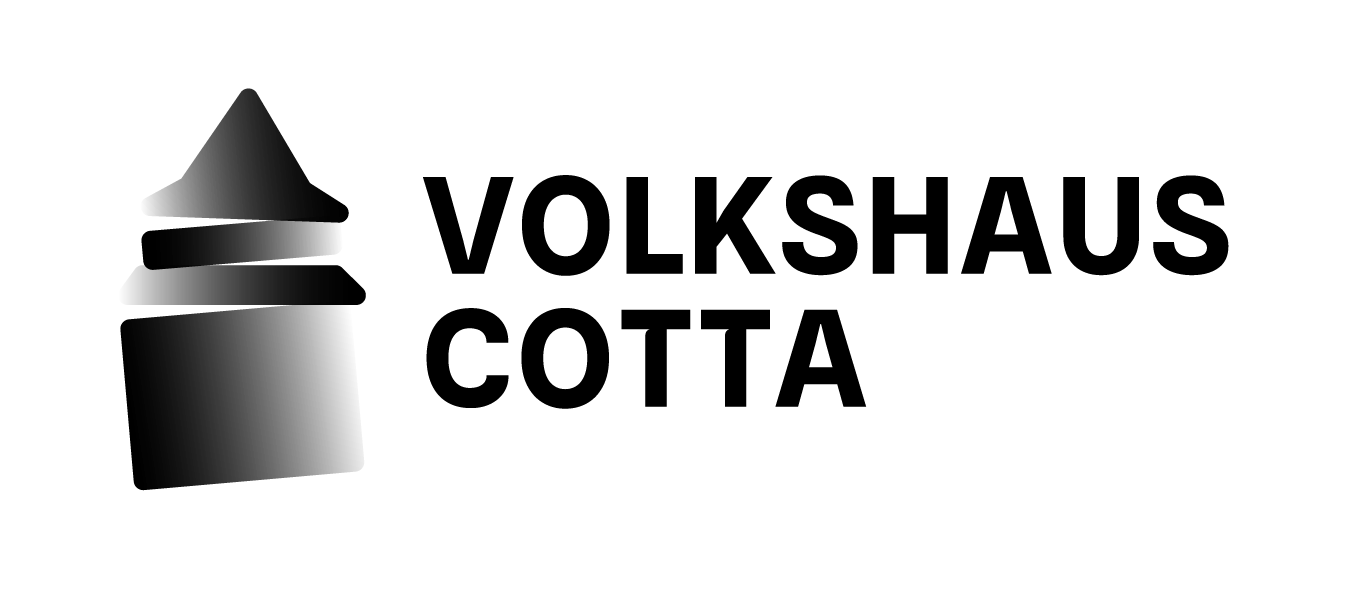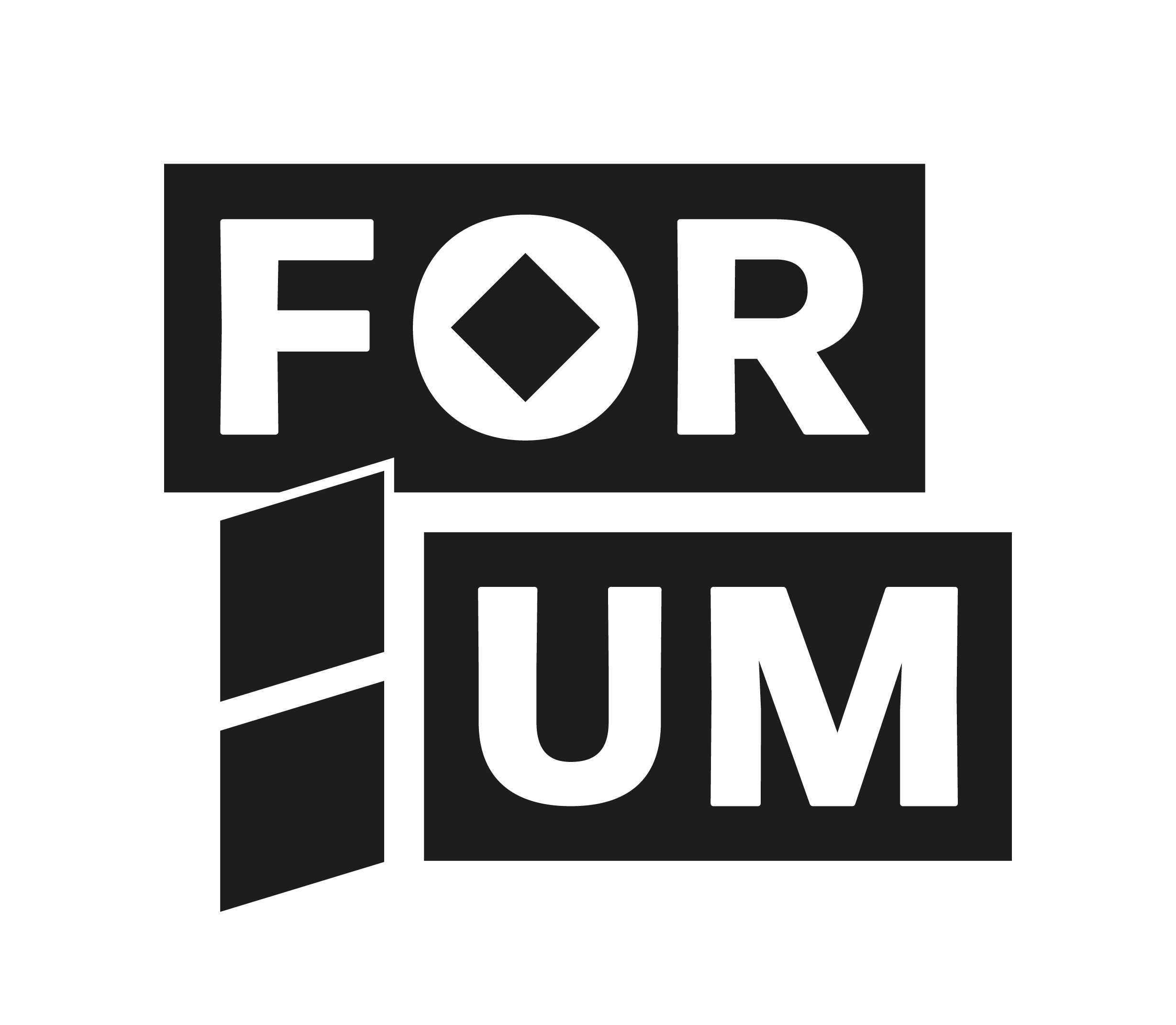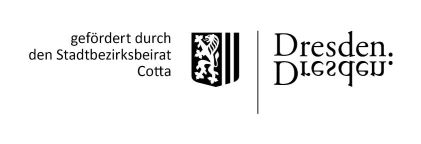
The MoKü [mobile kitchen] can be transported by hand or by bike. It is equipped with a 2-burner gas stove, a self-sufficient sink with water supply, generous work surfaces, storage space and an extendable dining table.
We are out and about in the neighborhood with it - cooking outside in public spaces, on the roadside or in the backyard. The MoKü creates a temporary interaction space for neighborly encounters and exchange. Cooking becomes a unifying social practice here: it not only brings ingredients together, but also people. For us, cooking and eating together is a form of togetherness - a simple way of looking after each other and being there for each other.
The MoKü can be used by interested people on a communal basis - for events, parties or open cooking meetings.
The Schnippeldisco is a culinary protest action to counteract the senseless waste of discarded food. Rescued fruit and vegetables are processed into a communal meal accompanied by good music and good humor. Ideally in a public place in the middle of the city. The focus is on having fun chopping, scrubbing and peeling the food together.
In the story of Stone Soup, hungry travelers start cooking soup with an empty pot and a stone. Villagers gradually contribute ingredients until a meal is created that everyone shares. The principle: everyone brings a few ingredients at random, there is an open invitation, and the meal is shared communally.
This is a culinary practice that counteracts anonymity in large cities and connects people with one another. Here, everyone can get a hot meal for little money on a donation basis. Young and old people from different circles and neighborhoods meet to cook and eat together to experience solidarity and community.
There has long been a lack of a kitchen in the Neues Volkhaus Cotta - in the current pilot phase (2023 to 2026), an indoor kitchen cannot be structurally implemented. This gave rise to the idea of a mobile outdoor kitchen, which was designed and built last year in cooperation with FOR:UM. It has two worktops at different heights. This allows people to work and eat while standing or sitting. This means that children, older people and people with walking difficulties can also use the kitchen. The kitchen has a fresh water and waste water supply, a two-burner gas hob, storage space and a sun and rain cover. The kitchen can be transported both by hand and as a bicycle trailer. The ball head coupling can be universally attached to any bicycle and the drawbar has an overrun brake. To keep maintenance to a minimum, all metal surfaces have been powder-coated, making them rust-proof and more robust. The accompanying brochure contains detailed instructions for use, which make it easier to borrow, use and return the kitchen with the help of checklists, descriptions and graphic illustrations.
The MoKü has found its home in the outdoor area of the VHC and can be used jointly by interested parties. We are currently testing what a good system for this could look like. Would you like to borrow the kitchen or develop and implement a format together with us?
Contact us at: mokue@konglomerat.org


